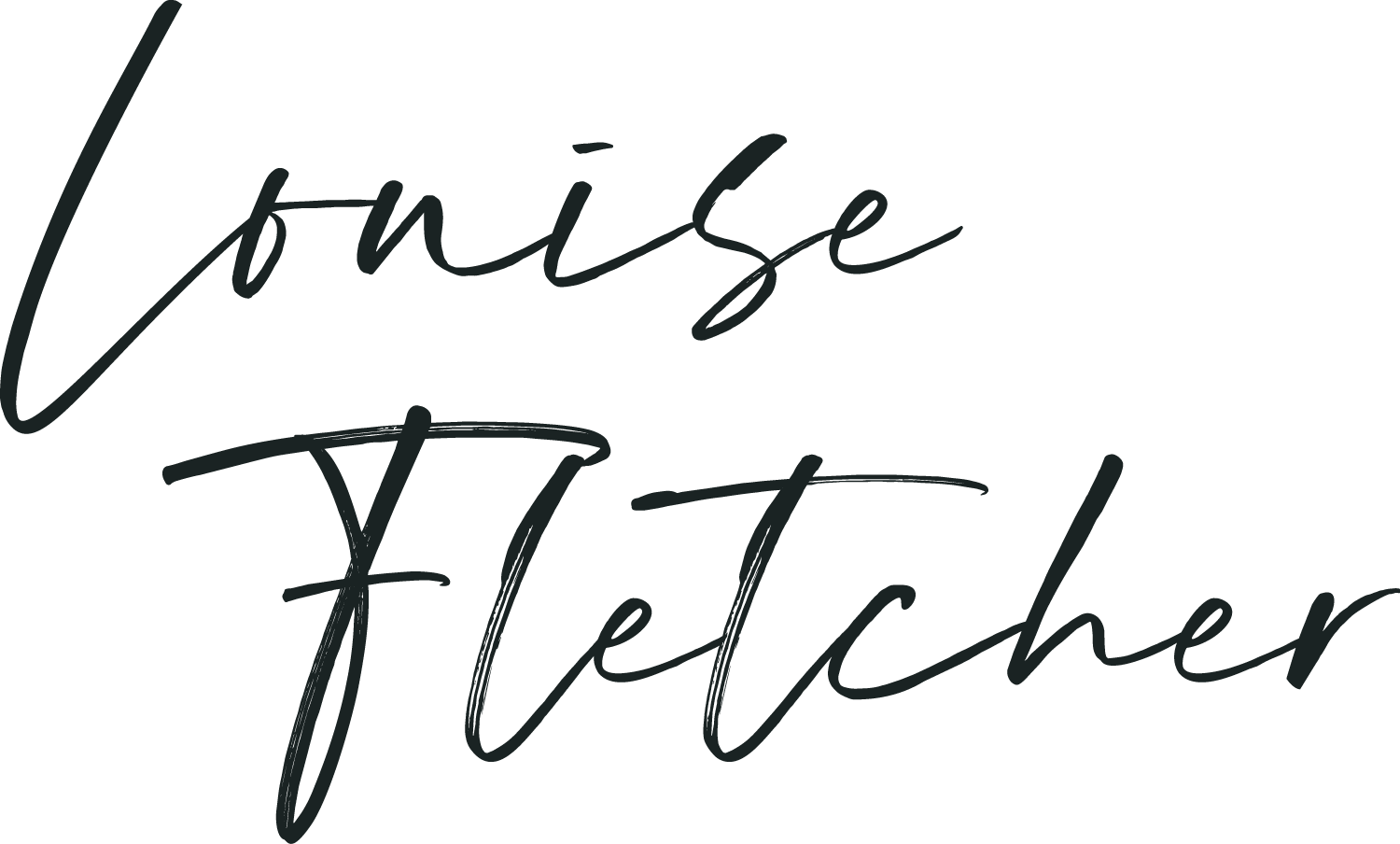What if you don't know anything?
"We don't know. And I think if we embrace that not knowing, we'll have a healthier experience going through life."
-- Rick Rubin
I'm reading a beautiful book called The Creative Act: A Way of Being, by the renowned music producer Rick Rubin.
It's a book about creativity of all kinds, but also about life.
It's about being open to possibilities, about listening, and about trusting. It's about knowing that we are nothing and we are everything. Meaning that we artists are not special - we are simply more open to source than other people. And that this gives us the ability (and maybe the responsibility?) to bring that experience to everyone else in the form of our art - our books, our paintings, or our music.
The work is not ours. We are not geniuses. We are just people receiving a transmission and sharing it with others.
I had a conversation with a mentor this week. I asked her how she felt when people showered praise on her for her talents. I told her it makes me uncomfortable when that happens to me.
She thought about it for a moment and then said "I don't actually feel it's about me. I feel they are grateful for this thing that I do well. I am also grateful for that. But I know it's not ME they are praising - it's this thing that comes through me."
I was so struck by the beauty of that statement. When we believe that we are not special, we no longer have to worry about whether we deserve praise. And we also don't have to worry about criticism - because there's nothing to defend, nothing to protect. We can simply continue to just do our thing to the best of our ability, knowing it's not in our control anyway.
And I think this idea ties into the Rick Rubin quote I started with.... if we accept that we know nothing, we can simply be open to possibility. We can stop worrying "what if this..." and "what if that..." because we just don't know and there's no point in trying to forecast or predict.
There is a Taoist story of an old farmer who had worked his crops for many years. One day his horse ran away. Upon hearing the news, his neighbours came to visit. "Such bad luck," they said sympathetically.
"Maybe," the farmer replied.
The next morning the horse returned, bringing with it three other wild horses. "How wonderful," the neighbours exclaimed.
"Maybe," replied the old man.
The following day, his son tried to ride one of the untamed horses, was thrown, and broke his leg. The neighbours again came to offer their sympathy. "What awful luck," they said.
"Maybe," answered the farmer.
The next day, military officials came to the village to draft young men into the army. Seeing that the son's leg was broken, they passed him by. The neighbours congratulated the farmer on how well things had turned out.
"Maybe," said the farmer.
This beautiful story perfectly illustrates that we simply never know whether an event is good or bad, and yet we tend to constantly act as though we do, seeing only what is right in front of our eyes. If we could truly see every event with the farmer's attitude of 'maybe,' surely we could live more peaceful lives?
And if you apply this idea of not knowing to your art, you can become free of ego around what you make. It might be good and it might be bad or it might be somewhere in between. You simply don't know. And you don't have to worry about it because it's not you - it's just something that came through you from source. It must have a reason to exist and you don't need to know what that is.
I think the idea goes further than that ... you can start a painting or a whole series of paintings and be totally comfortable with not knowing what they will be. Because if you think you know what to do, you close off all the other infinite possibilities.
This doesn't mean we have to start without any guiding idea - I actually think that makes things very difficult - but it means we must hold that idea lightly, always willing to let it shift and change or even to let it be replaced with something else.
Admitting that we don't know is an act of humility but also a way to free ourselves and open up worlds of possibility. You no longer have to feel defensive when someone doesn't like what you make - you can simply shrug and accept that you don't know if it's any good either. All you know is that it was transmitted to you, you translated it into paint, and you gave it to the world. While they were deciding what they thought of it, you were busy making more.

